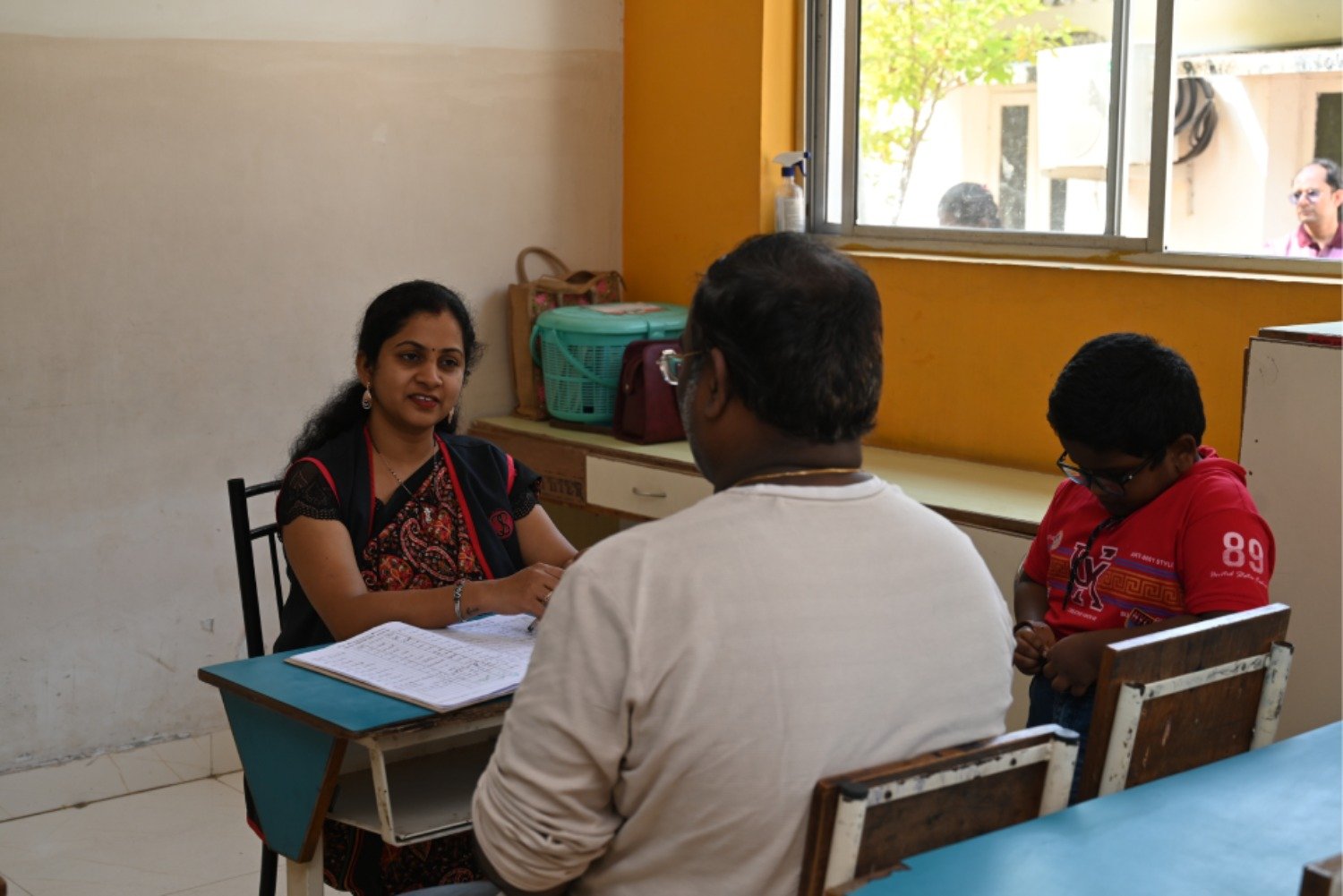Assessment Policy
Periodic Examinations: Regular exams held throughout the academic year to assess students’ knowledge and understanding of the subjects. These exams are conducted at the end of each term and serve as a progress check.
Mid-Term Examinations: Examinations held midway through the academic term to evaluate students’ performance on the material covered up to that point.
Final Examinations: Comprehensive exams conducted at the end of the academic year or term, covering the entire syllabus. These exams determine the final grade for the year.
Subject-wise Examinations: Separate exams for each subject to assess specific knowledge and skills, ensuring thorough evaluation across disciplines.
Practical Examinations: For subjects like Science, Mathematics, and Art, practical exams are conducted to assess students’ hands-on application of concepts learned in class.
Oral Examinations: For languages and other subjects requiring verbal articulation, oral exams are held to assess communication skills, fluency, and conceptual understanding.
Examinations

Grading System

- Grade A+: 90% and above
- Grade A: 80% – 89%
- Grade B+: 70% – 79%
- Grade B: 60% – 69%
- Grade C+: 50% – 59%
- Grade C: 40% – 49%
- Grade D: Below 40% (Needs Improvement)
The grading system reflects a student’s academic performance, encouraging excellence and providing clarity on areas that require improvement. Regular assessments help in tracking the progress and guiding students towards success.
- Formative Assessments: Ongoing evaluations through quizzes, class participation, assignments, and project work to monitor students’ understanding and learning progress throughout the term.
- Summative Assessments: End-of-term or end-of-year examinations that evaluate students’ overall understanding of the subjects and their ability to apply knowledge.
- Subject-Specific Evaluations: Regular assessments focused on individual subjects, including practical tests, oral presentations, and subject-related projects.
- Peer and Self-Assessments: Encouraging students to assess their own learning and provide constructive feedback to peers, fostering self-reflection and collaborative learning.
- Parent-Teacher Meetings: Regular discussions between teachers and parents to review academic performance, address concerns, and set goals for continuous improvement.
- Teacher Observations: Continuous monitoring of classroom behavior, participation, and engagement, contributing to overall evaluation alongside academic scores
Evaluations

These evaluations ensure a comprehensive understanding of student progress and provide insights to tailor educational strategies to individual needs.

